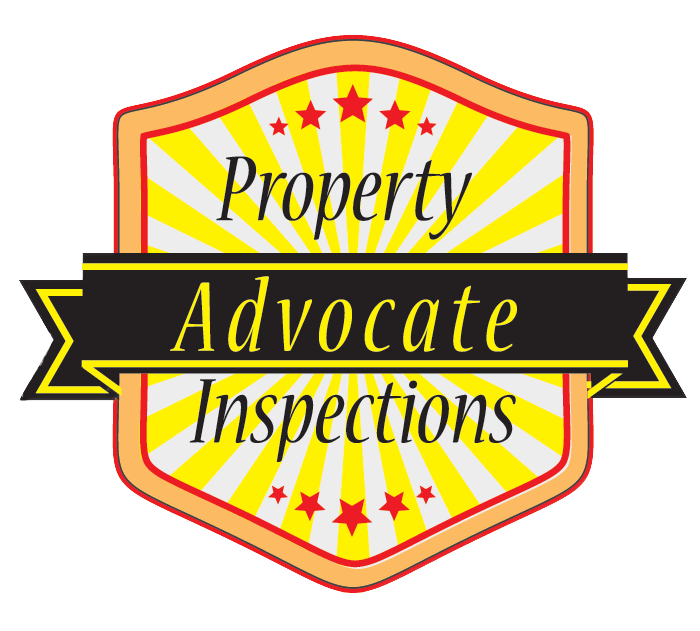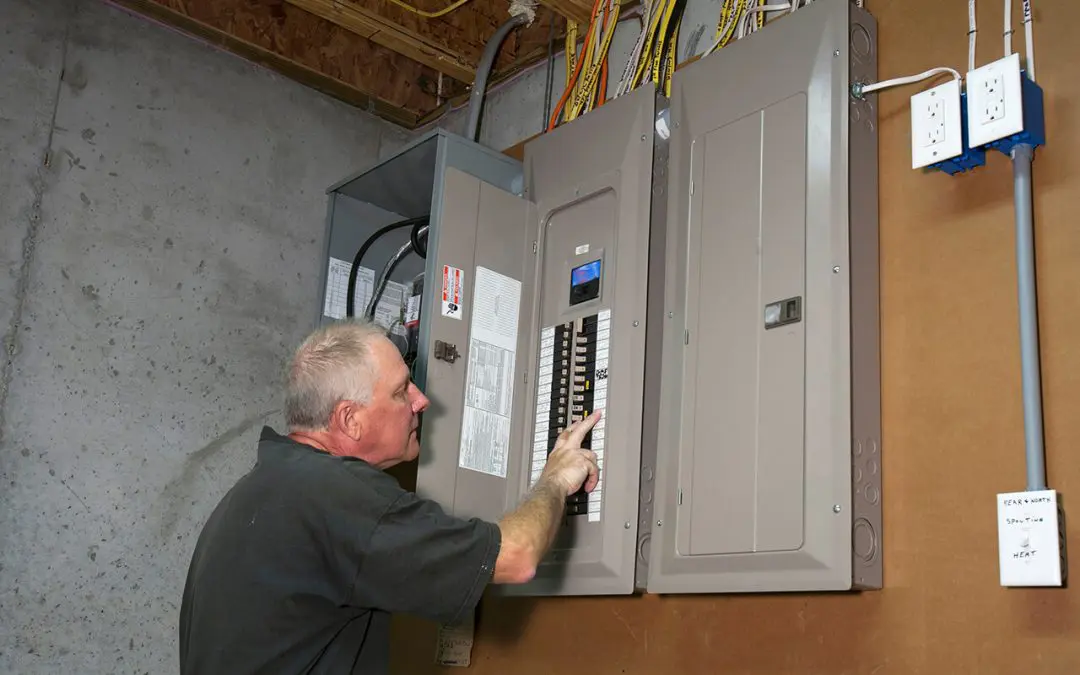Electricity is an essential part of modern life, but it comes with serious risks. Electrical safety is about protecting your family, your property, and your peace of mind. Knowing what to look for and how to maintain your home’s electrical systems will go a long way in preventing accidents and keeping everything running smoothly.
Why Electrical Safety Matters
Faulty wiring, overloaded circuits, and outdated systems can lead to fires, power outages, and damage. Small issues, like flickering lights or warm outlets, may seem minor but could be early signs of larger problems. Staying proactive with routine checks and basic maintenance will help prevent the need for costly repairs or emergency situations.
Everyday Safety Tips
Simple habits can make a big difference. Unplug small appliances when they’re not in use. These draw energy even when turned off and could overheat or spark if left plugged in for too long. Avoid running cords under rugs or furniture, which can become damaged, increasing the fire risk. Extension cords should be used temporarily, not as permanent solutions. If you rely on them too often, it might be time to install additional outlets.
Keep an eye out for outlets that feel hot or emit a burning smell—both are signs that something’s wrong. It’s best to shut off power to the outlet at the breaker and call an electrician immediately. It’s also a good idea to test GFCI (Ground Fault Circuit Interrupter) outlets monthly, especially in kitchens, bathrooms, or anywhere near water sources. These outlets are designed to shut off power instantly if they detect a fault, reducing the risk of electrical shock.
Upgrading for Better Electrical Safety
Older homes cannot often handle today’s energy demands. If your electrical panel is outdated, or you still have knob-and-tube wiring, consider scheduling an inspection with a professional. Modern upgrades can improve both performance and safety, and adding surge protection is also a smart move. Whole-house surge protectors guard your appliances and devices from voltage spikes caused by lightning or sudden power surges.
Smoke and carbon monoxide detectors should be tested regularly and replaced every 7–10 years. Make sure your electrical system complies with current building codes. Electrical safety should be at the top of the checklist if you’re planning renovations.
Electrical Safety for Families
Electrical safety is essential in homes with young children. Installing tamper-resistant outlets helps prevent little ones from inserting objects into outlets. Keep cords and power strips out of reach, and talk to children about the dangers of electricity in an age-appropriate way. In multi-story homes, secure cords along the walls or use cord covers to prevent trips and falls.
When to Call a Professional
DIY fixes might be tempting, but electrical issues are best left to licensed professionals. If your lights dim when appliances turn on, your breakers trip often, or you hear buzzing near outlets or switches, it’s time to call an electrician. An annual electrical safety inspection will catch problems before they become serious and give you peace of mind.
Investing time and care into electrical safety helps protect everything you value. Whether you’re in a new build or an older home, taking preventive steps today ensures a safer, more reliable home tomorrow.
Advocate Property Inspections offers professional home inspection services to Maryland homeowners and homebuyers. Contact us to request an inspection today.

